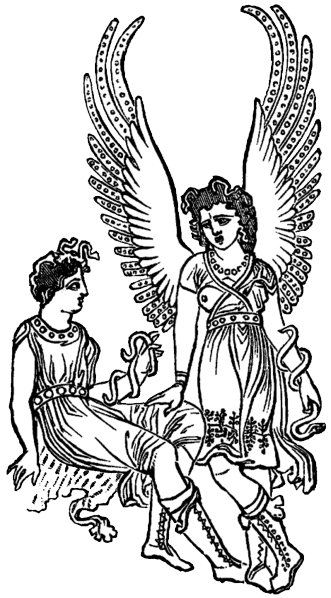Reference trilingual monograph / a conceptual art's discourse around Hélio Oiticica's parangolés.
The tension generated between euro-centric and peripheral conceptualisms is put into question, in order to insert the work of Oiticica in the international Neo-Avantgarde logic, where life transits into art, and art into life. The research carried out by Delmari Romero Keith and Marc Pottier validates the idea that vindicates art's power as a social denunciation vehicle and a poetic-politic complaint. This proposal re-dimensions Oiticica's work and positions it beyond conceptual and performative trends. Parangolés rekindle the postmodern allegorical impulse that activates fragments which manifest structures of cancelled imaginary. They are manifestations of atavistic referents, ancestral rituals, and residual memory—appropriated from the Brazilian favelas and the carnival—and links between the rhythms of the body and those of nature. Performative action, which covers the sensorial aspects of a human being—a radical elaboration of Neoconcretism connected to Merleau-Ponty's phenomenology.
Hélio Oiticica's Parangolés are a manifestation of canons different to the euro-centric ones. In them, we find the crossing between the cult and the vernacular, a strategy of artistic renovation. They incorporate a multi-disciplinary proposal—dance, movement, contortions, music, rhythm, poetry and, above all, exuberant colors—to stage the displacement of a fluid and hybrid identity that harasses, agitates, and protests against social inequalities. Hélio Oiticica's Parangolé devours autochthonous customs and mainstream aesthetic influences. This genre hybridization, this anthropophagic awakening, revealed the centripetal force of the movement that, in the end, meant a criticism of the time's statu quo.
Hélio Oiticica (1937-1980) was a Brazilian artist and theorist, sculptor, painter, performer, filmmaker and writer. Founder of the Tropicália movement in the late 1960s, he is known for his participation in the neo-concretism movement, for his innovative use of color, and for what he called "environmental art," which included the Parangolés and the Penetrables.


